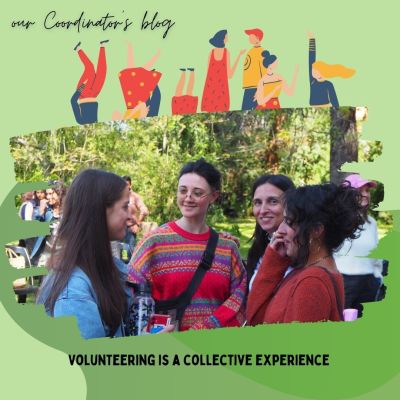As per the suggestion of my classmates, I went to Azucar on Friday night for Bachata dancing. There are several locations, but I went to the one on Cordoba. It was 90 pesos for the class and the social dance which were set to start at midnight. I was able to observe the class given by the Bachata Dolls and boy, that looked like a fun pattern and unlike anything I had ever learned in class before.
To provide a bit of backstory, there are two different types of bachata that I’ve encountered in my life: Dominican and Sensual. As the name suggests, Dominican bachata is the purest form of the dance and goes back to it’s native roots. The music is faster and so is the footwork. Sensual Bachata is a more modern take on the dance, characterized by the body rolls and close body connection.
I would argue that what is danced socially is a mix of both. Surprisingly enough, at the Bachata class there seemed to be some Zouk movements (which is a Brazilian dance), lead with a follow’s forearm and other connection points besides the arms and hands. This fascinated me because when I went to Spain in December, I saw a couple doing a demo for Zoukchata at a Bachata social and the pattern taught at Azucar reminded me very much of it. It felt like I had come full circle because Zoukchata is starting to be taught in Austin as well. How amazing is it that in the span of three continents, with so many different cultures and languages spoken, I found a common center?
I went without knowing a single soul but I danced nearly every song and connected with my dance partners. I left nearly at 5am, exhausted but convinced I would go back and see my new friends again. My experience social dancing reaffirmed my belief that dancing really does unify everyone. I danced with a guy from France, I don’t remember his name and he didn’t understand Spanish. Even still, we understood each other perfectly.




